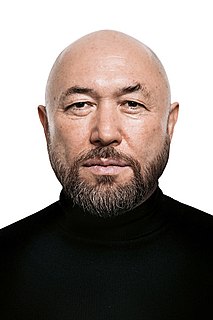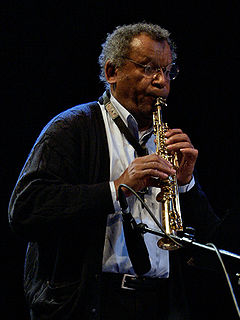A Quote by John Hurt
Everybody's got to work with Roger Corman. You can't leave out that experience.
Related Quotes
I also got to know Roger Corman a bit while we were on location in Mendocino. And then, subsequently, a woman who also worked on The Dunwich Horror named Tamara Asseyev and I teamed up and co-produced a picture that I wrote and directed, called Sweet Kill, that Roger Corman's then-new company distributed.
Peter Fonda was just this clean, cookie-cutter kind of a guy. Roger Corman turned him into the motorcycle man with The Wild Angels. Jack Nicholson, all of them, they all had these images that Roger Corman fueled, and Easy Rider, it was a big surprise to understand how much creative influence Roger had. A lot of people dismiss him as just launching famous people's careers or being a penny pinching producer, but he's so much more than that.
If you take a movie like Easy Rider which everyone counts as the beginning of New Hollywood, that is a big movement. And then, when you really dissect that film and the people that were behind that movie, you realize that it has Roger Corman written all over it. Easy Rider is a hybrid film, taking The Trip and The Wild Angels and making a new explosion. And the people that were making it, guess what, they were all [people who had worked with Roger Corman].
Roger [Corman] didn't actually hire me, though. I was hired by AIP [American International Pictures], the studio that made the picture, which was Sam Arkoff and Jim Nicholson. It was a great learning experience for me, because not only did I work on the script, but they hired me back to go on location when they were making the movie, to write new scenes and so forth.
There hadn't been one done since the late 70s. I was living in Brooklyn, had no connection to Roger Corman, to no one in this movie. I didn't go to film school. I'm like the person who should have never made this film. But I just decided to put one foot in front of the other. I was writing film articles for magazines at the time. I convinced an editor from one of the magazines that I was working for to give me a shot to do a piece on Roger. This was an excuse to go meet him.
When you come out to L.A. to make movies or to do this kind of work, everybody is coming out on their own and you leave your tribe behind. Then, it's a question of, that was your tribe by blood, and now, what is the tribe that you're making by choice or by what you think is important? I think we were having that experience, so somehow the cult world seemed really compelling.
I got to work with Robert DeNiro once and it was a strange experience. Gwyneth Paltrow and I were doing Great Expectations movie together and we were complaining about what a mediocre film experience it was. DeNiro showed up on set and all of a sudden the director got better, the director of photography got better - everybody got more interested and excited. DeNiro isn't waiting for other people to create the environment that he wants, he brings it along with him.






























